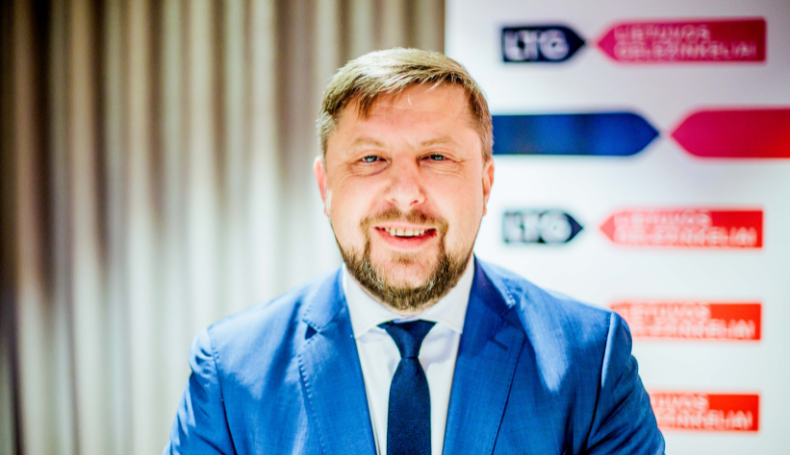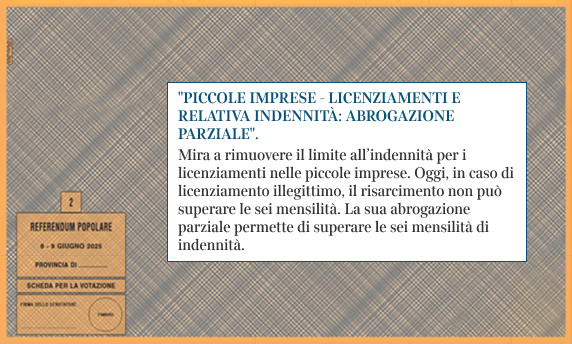Fraud Lithuanians are reluctant to seek help?

Romas Čereška, head of the Baltic Baltic Fund Management and Trade Financing Service, spoke more on this topic.
– Every day we talk about fraud, illuminate our customers and tell you a variety of details to prevent them from getting into the trap. It is important to me that 80 percent. Alternatively, most people understand, turn to the bank, the police and do not make stupid moves. I am surprised that every ten person would not go anywhere, say nothing and try to survive himself if he was deceived. It seems very strange to me because you live within yourself, you do not reveal that information to anyone. Without spreading that information anywhere else, you do not help another, but you are hurting.
– Is there any opportunity to deal with those things not by themselves but with the help of the police, the bank?
– Some cases are explained and some of the money is refunded. I can’t really say one hundred percent, but a message alone gives the police a message that it happened. Then they may be able to prevent others, which means reducing the total loss. Part of that money is returned, but scammers also have their own schemes, if they are losing money, very quickly absorb it.
Photo by pexels
– What does it mean to absorb?
– Moves that money, and they usually transfer it somewhere else. After all, they are probably purified because the whole digital path is traceable – or invests somewhere, perhaps in cryptocurrencies, maybe purify.
– In other words, if they were lying somewhere in the bank, you could take it.
– Yes, if the money is in the bank, the entire legal framework is valid and can recover it …
– We often talk about three Baltic sisters, but did the survey show differences?
– There are some differences. People in Lithuania are perhaps a little bolder, but basically the trend is very similar.
– We all behave like, yes? We all have a sense of shame if we get into a scam trap?
– Yes, here’s another thing where people are ashamed to admit that they have fallen into the trap of scam. The consequence is that they do not report anywhere, that information does not share.
Full LNK Report – In Video:
– Reporting the police is one, but telling them to relatives, on social networks – is something else. One third would never do it, they would only agree to say anonymously. Does this mean that there are more and more fraud methods that can never be known?
– This may be the case, however, a large number of people report and share, so sooner or later we find out. On the other hand, we see movements in accounts, which also contains some messages. They are getting newer every day and artificial intelligence helps. The fraud probably went from the collection of pure at the gas station, calls. Now everything is much clever: it takes the bills, the digital space. You can write texts with artificial intelligence and even make a voice.
– Even the government – the Presidency, the Bank of Lithuania and many others – are concerned about this problem. Is it possible to reach a level where the scams of fraud and the amount of money lured will not increase?
– I think turning that curve down is possible. The more people know how more education will be on the subject, the harder it will be for scams. Scammers consider it as a business if it is harder to do that business, you need to invest more, and it means that there will be less, who will engage in it. It will probably never be that it will ever disappear. We think how to prevent, illuminate people, the other side of the shadow thinks how to create new ways.
– I understand that you are a bank representative, not a psychologist, but what would you say to people who wouldn’t seek help if they would be the victims of scams? What would your message be?
– There are a variety of emotional conditions, but I would say: find at least one friend you will tell. When you share with one friend, he might be another 10 to share, with the phrase « My friend told me » and that information will spread.






